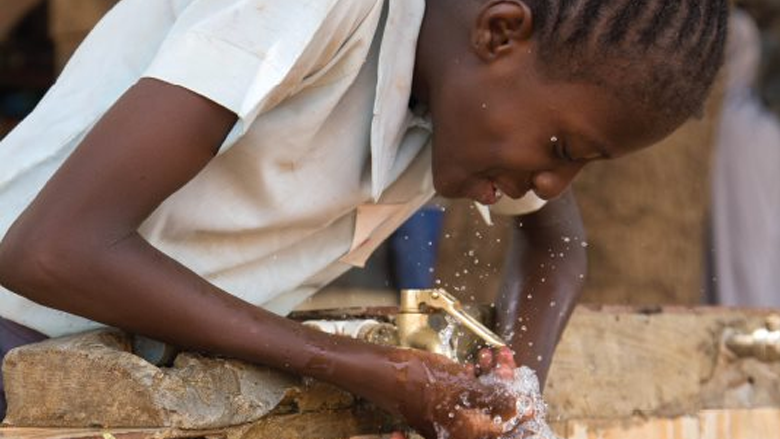The violent attacks carried out by Boko Haram since 2009 have left deep scars for the 15 million people that call the region of North-East Nigeria home. Some 20,00 people have died, and 2.2 million people have been forcibly displaced by the conflict. About 70 percent of those displaced are hosted in the states of Borno, Adamawa and Yobe.
“Living as an internally displaced person is not only traumatizing but makes you feel unwanted and imprisoned as well,” says Abubakar Abdullahi, a resident of Bama, in the state of Borno.
Reuniting families, rebuilding livelihoods and repairing badly damaged infrastructure in the region is a monumental endeavor—one that the World Bank’s 2016 Recovery and Peacebuilding Assessment estimated would require nearly $6.7 billion.
Mr. Abdullahi was thankfully reconnected with his family two years after fleeing the violence. He has also received essential livelihood support through the IDA-supported Multi-Sectoral Recovery Project (MCRP).
The MCRP addresses the immediate need for high-impact, early recovery interventions—such as the delivery of non-food items, agricultural, and non-agricultural inputs—that complement humanitarian operations in North-East Nigeria.
For example, Mr. Abdullahi received two ewes and a ram. “It is a great means of livelihood which will help me improve my situation and will allow me to provide for my family,” he says.
The project also sets its sight on medium-term recovery and resilience building through investments in social cohesion, livelihoods, infrastructure, and public services.
Between 2017-2020, 687 infrastructure rehabilitation projects have been initiated, and the construction and repair of nearly 180 kilometers of roads and three bridges are underway. Over 105,000 beneficiaries (of which 49 percent are women) have gained access to rehabilitated roads, hospitals, schools, water, sanitation and hygiene facilities, and public buildings.


